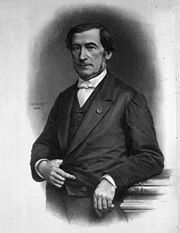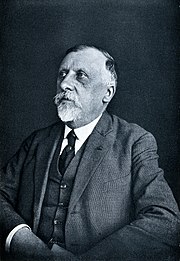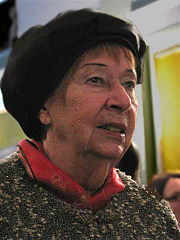Design
Design
Personality
Chart Properties
Your Cross represents the specific theme of your life. This cross embodies your unique potential & the lessons you're here to learn, providing a roadmap to fulfilling your life purpose.
We use the UTC birth time and date to do the calculations required to generate your Human Design chart.
Buy Tokens
Pay as you use, no expiry and no subscription required.Prompt Ideas
Get inspired with some epic prompt ideas.C. D. Broad's Biography
English epistemologist, historian of philosophy, philosopher of science, moral philosopher, and writer on the philosophical aspects of psychical research. He was known for his thorough and dispassionate examinations of arguments in such works as Scientific Thought, published in 1923, The Mind and Its Place in Nature, published in 1925, and An Examination of McTaggart’s Philosophy, published in 1933.
Broad’s essay on “Determinism, Indeterminism, and Libertarianism” in Ethics and the History of Philosophy (1952) introduced the philosophical terms “occurrent causation” and “non-occurrent causation”, which became the basis for today’s “agent causal” and “event causal” distinctions in the debates on Libertarian Free Will.
Broad was openly homosexual at a time when homosexual acts were illegal. In March 1958, Broad along with fellow philosophers A.J. Ayer and Bertrand Russell, writer J.B. Priestley, and 27 others, sent a letter to The Times which urged the acceptance of the Wolfenden Report’s recommendation that homosexual acts should ‘no longer be a criminal offence’.
He died on 1 March 1971.
Link to Wikipedia biography
Your Cross represents the specific theme of your life. This cross embodies your unique potential & the lessons you're here to learn, providing a roadmap to fulfilling your life purpose.
We use the UTC birth time and date to do the calculations required to generate your Human Design chart.
Prompt Ideas
Get inspired with some epic prompt ideas.

Apollinaire Bouchardat
5/1 Emotional - Solar Plexus Manifestor

Félix Mesnil
5/1 Emotional - Solar Plexus Manifesting Generator

Werner Erhard
2/4 Sacral Generator

Irena Kwiatkowska
2/4 Sacral Manifesting Generator





